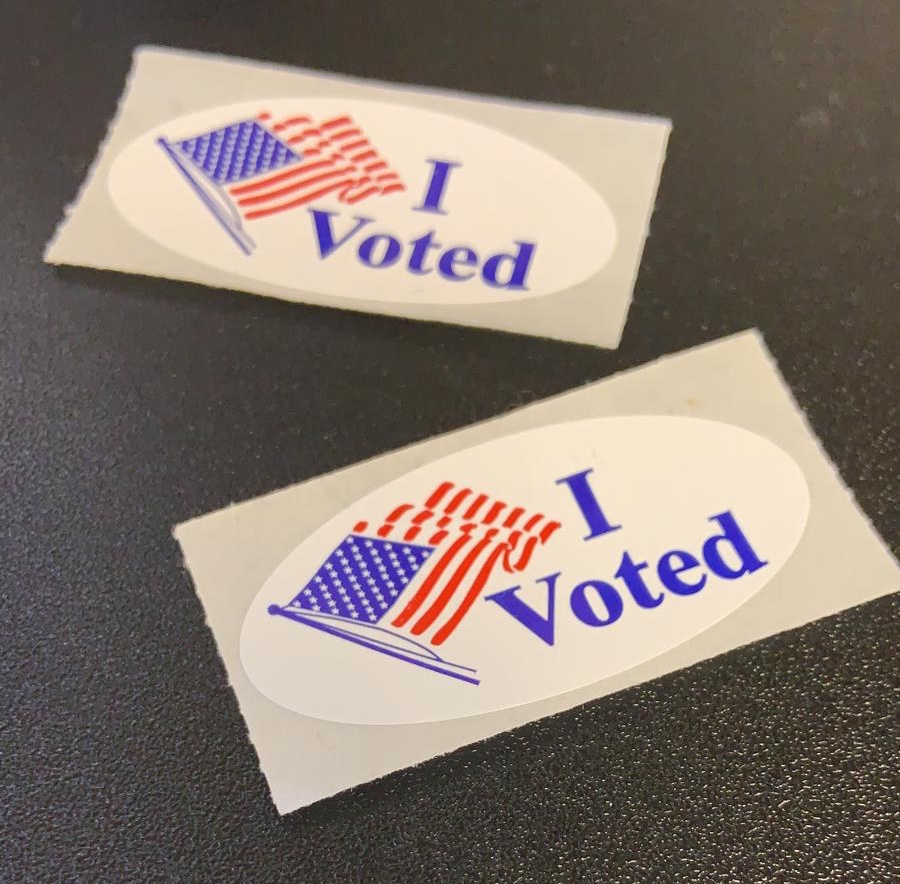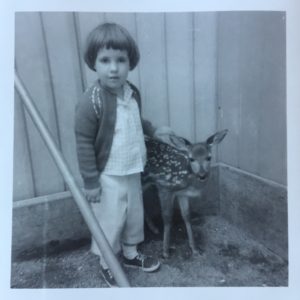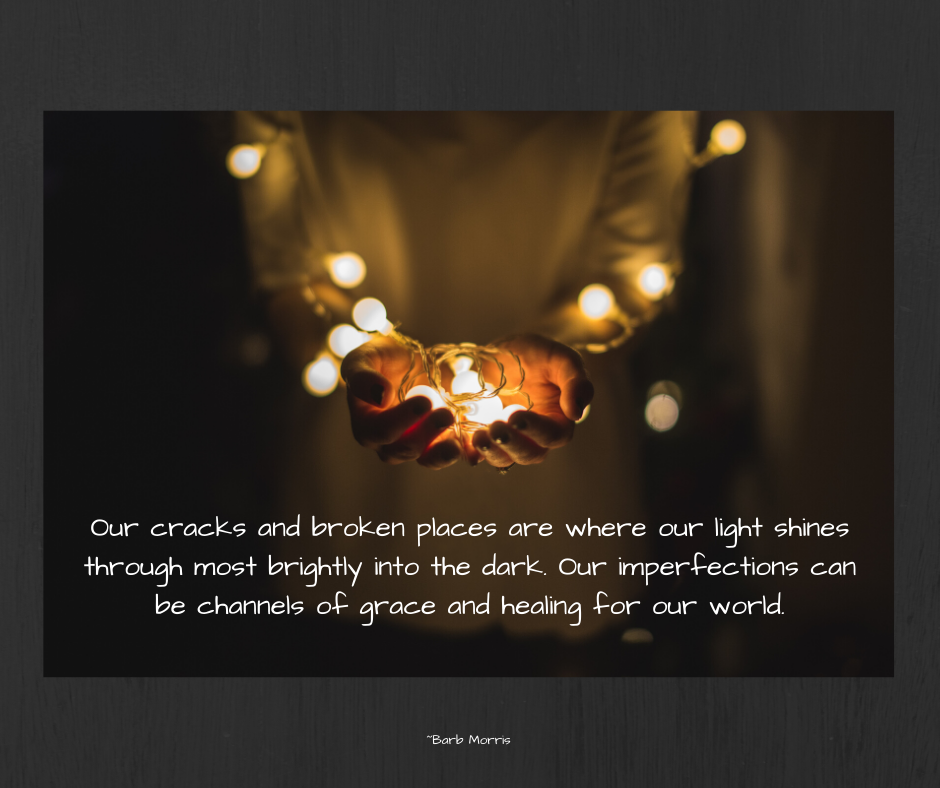
Do you have a plan for Election Night?
There’s been a lot of talk about having a plan to vote. But do you have a plan for AFTER the vote?
My husband asked me this morning how I wanted to handle Tuesday night. My thoughts went immediately to alcohol. Tequila if things don’t look so good, and champagne if things go well. Maybe both.
But that’s not really functional, is it? It’s human to buffer our emotions occasionally, of course. It’s best not to make a habit of it.
It turns out that what worries me about Tuesday night is that I won’t be able to handle my feelings if Trump wins. I suspect if you dig down under your thoughts, you’ll find the same thing. Worrying about and anticipating my fear ahead of time just means that I’m feeling fearful of my fear ahead of time, before the event I’m anticipating has even happened. It’s a little nuts, and completely understandable if you have a human brain, like I do.
I know it’s my thoughts causing my feelings.
But what do I do about my thoughts – thoughts that seem so reasonable, given the state of our nation and my beliefs about Donald Trump’s four years in the White House?
This is what I was mulling over as I listened to Kara Loewentheil’s Unf*ck Your Brain podcast, devoted this week to Election Emotions.
Kara confirmed for me that what I was actually afraid of was feeling overwhelmed by aching despair, hopelessness, and anger if Trump wins. You can read here and listen here.
What will actually help me these next few days, before and after November 3rd, is to have a plan. Kara suggests four components:
1. Decide, intentionally, what thoughts you want to think. Choose your thoughts and feelings on purpose.
2. Schedule twenty to sixty minutes each day, blocking out news and social media, to accomplish one or two important tasks. Commit to what’s important to you, and take action.
3. Give yourself at least ten minutes of pleasure each day.
4. Write one sentence of gratitude every night.
After you read or listen, follow the prompts to download Kara’s “Survive This Election” pdf. You’ll be glad you did, I think.
I can’t stress highly enough how much I want you to listen to this episode. It will be 23 minutes well-spent, I promise you.
I’m taking Kara’s advice one step further. In the spirit of NaNoWriMo (National Novel Writing Month), I’m declaring November PeArMaMo, my own Personal Art-Making Month. I commit to making some art each day and posting it on Instagram. I also plan to write daily, focusing on the sequel to Lost and Found, my Camino novel. I may post snippets of that, as well. PeArMaMo doesn’t please the ear like NaNoWriMo, but it will have to do. Perfectionism sucks the life out of life.
Our brains hate uncertainty. We are currently swimming in uncertainty. What a perfect time to flex our grown-up muscles and take some control of our minds and our feelings, right? {Insert smiley face here.}
Make a plan. Choose your thoughts on purpose, and your feelings will follow. Commit to making the world a better place, no matter what happens on November 3rd.


